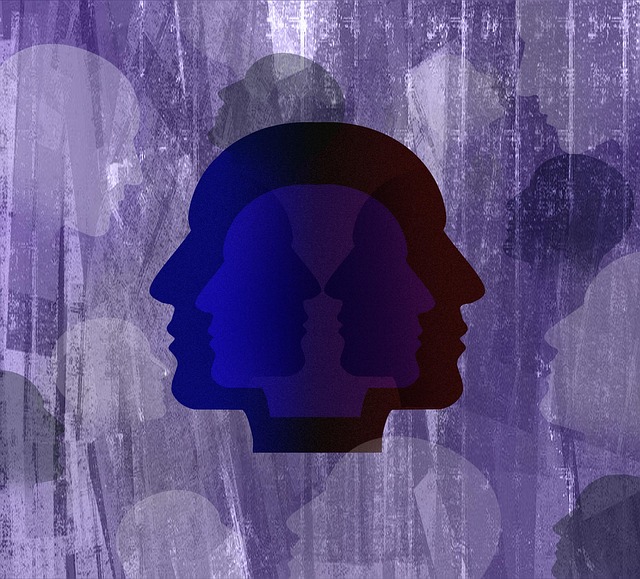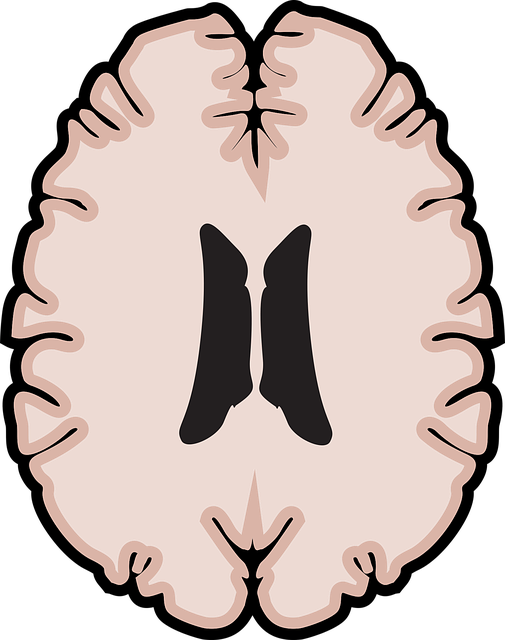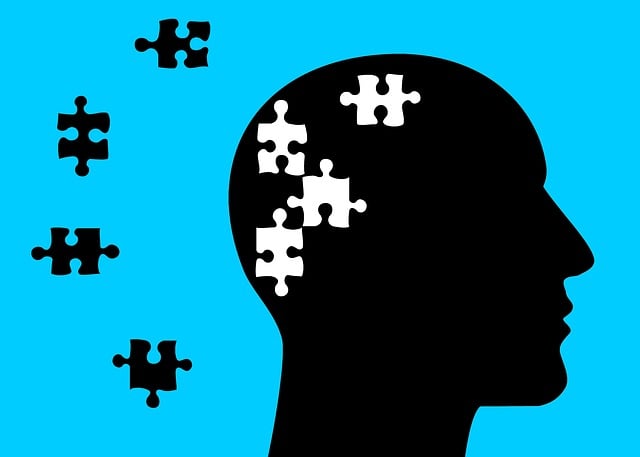Stigma severely impacts individuals with mental health issues, exacerbating feelings of isolation and increasing risks of conditions like loneliness, depression, and anxiety. This obstacle also hinders access to essential services. Englewood Divorce Therapy (EDT) challenges these issues by providing a safe space for open dialogue, leveraging media advocacy, and fostering inclusive communities. Through personalized care, educational initiatives, and peer support, EDT revolutionizes mental health support, emphasizing the treatability of conditions and reducing stigma.
Mental illness stigma, a pervasive societal issue, significantly impacts individuals’ well-being, often hindering access to treatment. This article explores comprehensive strategies for stigma reduction, from understanding its profound effects on mental health to innovative approaches like Englewood Divorce Therapy, creating safe spaces for vulnerable populations. We delve into educational initiatives, the power of media and celebrity advocacy, and the transformative role of supportive communities fostered through peer connections.
- Understanding the Impact of Stigma on Mental Health Individuals
- Englewood Divorce Therapy: A Safe Space for Vulnerable Populations
- Educational Initiatives to Deconstruct Stigmatized Beliefs
- Leveraging Media and Celebrity Advocacy for Positive Change
- Building Supportive Communities: The Power of Peer Connection
Understanding the Impact of Stigma on Mental Health Individuals

The impact of stigma on mental health individuals is profound and multifaceted. It often leads to a cycle of isolation, causing those struggling with mental illness to withdraw from social interactions and support networks, which further exacerbates their conditions. This isolation can intensify feelings of loneliness, depression, and anxiety—all of which are significant risk factors for suicide, as highlighted by research from Englewood Divorce Therapy.
Stigma also hinders access to essential services like therapy and medication. Many individuals fear judgment or embarrassment when seeking help, leading to delays in treatment and increased suffering. This is particularly harmful in the case of depression prevention, conflict resolution techniques, and stress reduction methods, which could mitigate symptoms if introduced early. By understanding these impacts, we can foster empathy and promote a more inclusive environment that encourages open conversations about mental health.
Englewood Divorce Therapy: A Safe Space for Vulnerable Populations

Englewood Divorce Therapy stands as a beacon of hope for vulnerable populations navigating mental health challenges, especially in communities often overlooked or marginalized. This therapeutic space prioritizes creating a safe haven where individuals can openly discuss their struggles without fear of judgment. With a focus on cultural competency, Englewood Divorce Therapy ensures that its healthcare providers are equipped to address the unique needs and experiences of diverse clients.
Through specialized services, they foster an environment promoting emotional regulation and mental wellness. The approach extends beyond traditional therapy; it involves innovative initiatives like the Mental Wellness Podcast Series Production, offering accessible resources for those seeking support. By combining personalized care with modern communication tools, Englewood Divorce Therapy is revolutionizing how vulnerable populations access and experience mental health support.
Educational Initiatives to Deconstruct Stigmatized Beliefs

Educational initiatives play a pivotal role in deconstructing stigmatized beliefs surrounding mental illness. Through workshops, seminars, and community outreach programs, organizations like Englewood Divorce Therapy are breaking down barriers by providing accurate information. These sessions often focus on dispelling myths and misconceptions, emphasizing that mental health challenges are common and treatable. By fostering open conversations, individuals gain a deeper understanding of various conditions, encouraging empathy and support for those affected.
Englewood Divorce Therapy’s community outreach program implementation includes interactive activities that promote inner strength development and stress management techniques. By empowering individuals with knowledge and self-care tools, these initiatives reduce the isolation often associated with mental illness. Such efforts contribute to a more inclusive environment, where people feel comfortable seeking help without fear of judgment or discrimination.
Leveraging Media and Celebrity Advocacy for Positive Change

The power of media and celebrity advocacy cannot be understated when it comes to reducing mental illness stigma. High-profile individuals sharing their personal experiences with anxiety relief, depression, or other mental health challenges can humanize these conditions, breaking down societal barriers and fostering empathy among the general public. Celebrities who openly discuss their struggles often act as powerful role models, encouraging others to seek help without fear of judgment. This form of advocacy plays a crucial role in shaping public perception and promoting understanding, especially when combined with effective Mental Health Policy Analysis and Advocacy.
By leveraging media platforms, celebrities can contribute to vital conversations, sparking interest in mental health initiatives and even influencing Risk Management Planning for Mental Health Professionals. For instance, increased public awareness spurred by celebrity advocacy may lead to better access to therapy services, such as those offered at Englewood Divorce Therapy, ensuring individuals receive the necessary support. This collective effort not only helps reduce the stigma but also paves the way for a more compassionate and supportive society where mental well-being is prioritized.
Building Supportive Communities: The Power of Peer Connection

Building supportive communities is a powerful tool in the fight against mental illness stigma. Peer connections play a pivotal role in this process, offering a unique and profound support system. When individuals facing similar challenges come together, they create a network of understanding and empathy, breaking down the barriers that isolate those struggling with mental health issues. This sense of belonging can significantly enhance recovery journeys, providing a safe space for open dialogue and mutual aid.
Englewood Divorce Therapy, for instance, focuses on fostering such communities by facilitating peer support groups. These gatherings encourage individuals to share their experiences, offering both comfort and practical advice. By embracing the mind-over-matter principles that underpin many therapeutic practices, these communities empower members to take control of their mental well-being. Moreover, they serve as a crucial resource for stress management, demonstrating that managing mental health is not just an individual effort but a collective one—a testament to the strength found in unity and understanding.
Mental illness stigma reduction is a multifaceted approach, as demonstrated by initiatives like Englewood Divorce Therapy, which provides safe spaces for vulnerable populations. Educational efforts, media advocacy, and supportive communities play pivotal roles in deconstructing stigmatized beliefs. By combining these strategies, we can foster an environment that enhances mental health support and encourages individuals to seek help without fear of judgment. Engaging with these tactics ensures a more inclusive society where everyone has access to the care they deserve.














